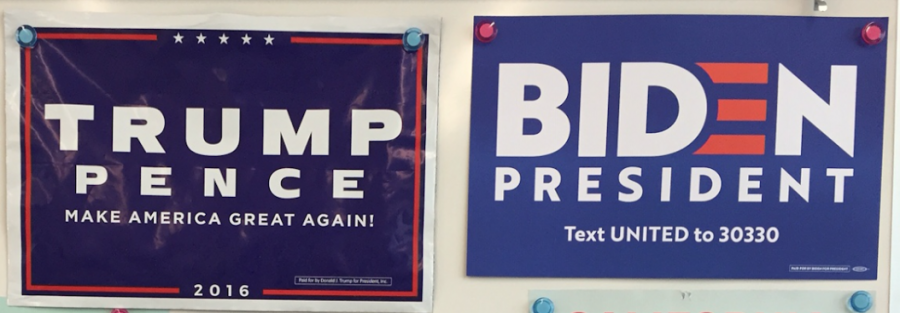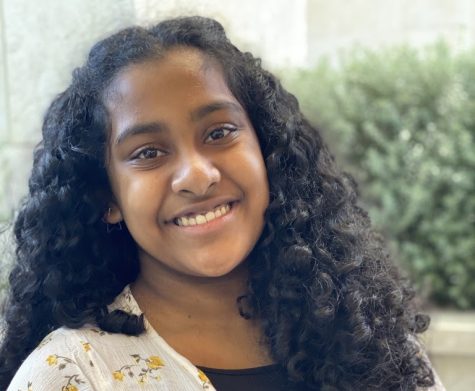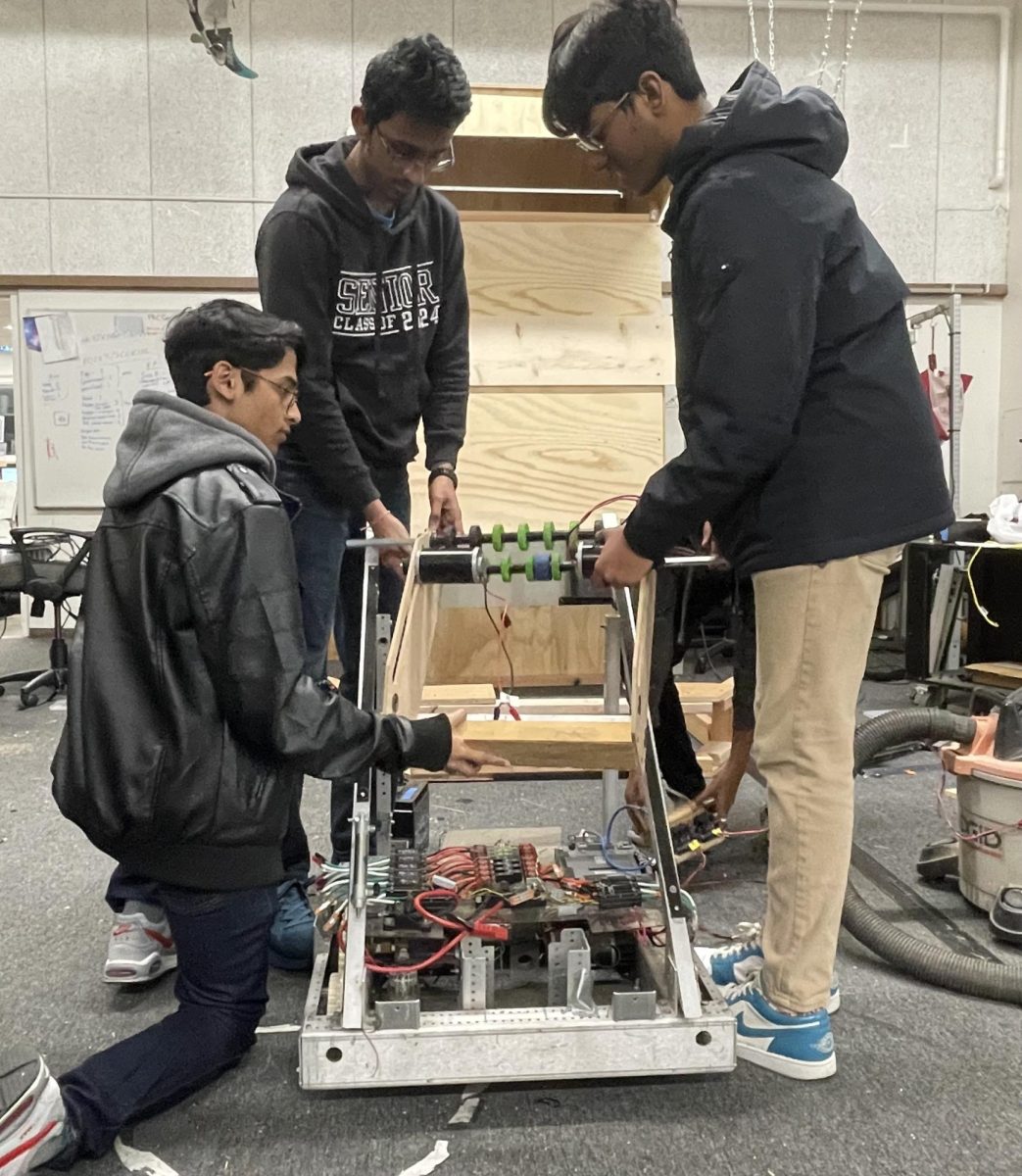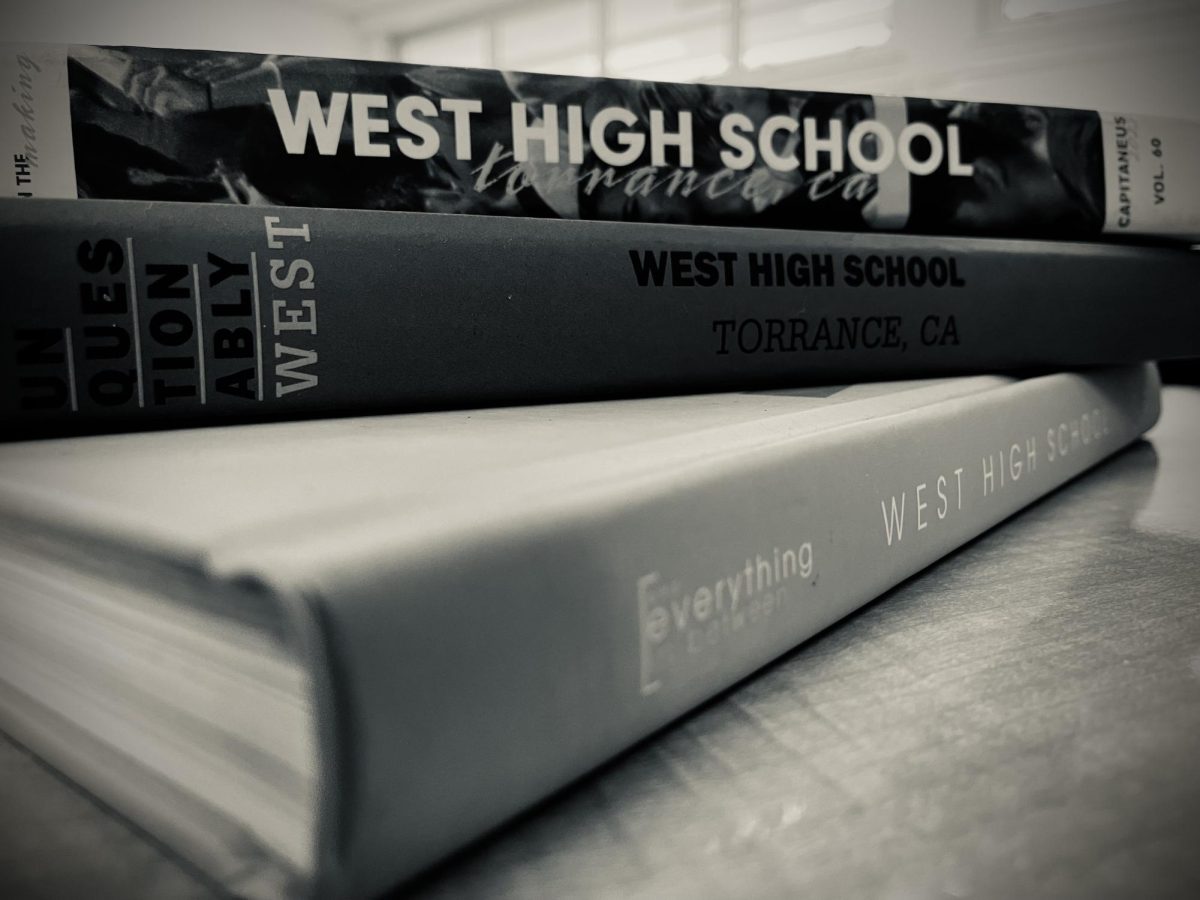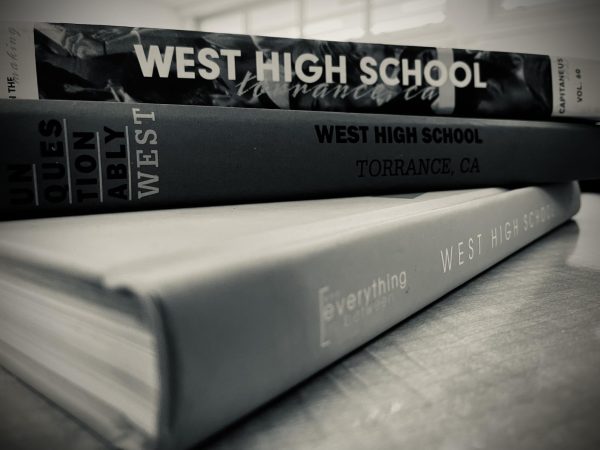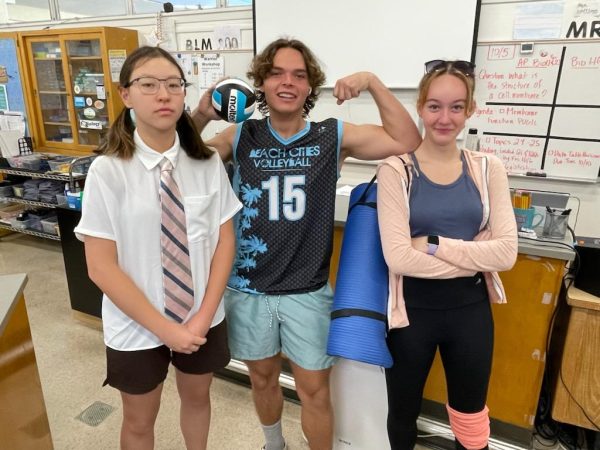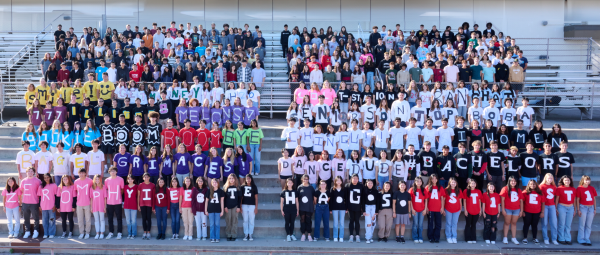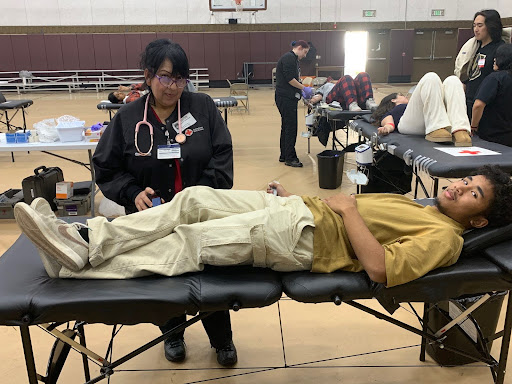The First Trump-Biden Debate: A Debrief
These campaign posters hanging in Mr. Hettinger’s classroom highlight the importance of voters supporting the candidate they believe will help the country most. Watching the presidential debates is one way voters decide how to vote. Courtesy of Mr. Hettinger.
October 14, 2020
Tuesday, September 29th. The first time that we saw President Trump and Joe Biden together on stage, ready to debate. But America was not ready for what the night brought, or what it didn’t, for this matter. If you missed it, here’s a quick debrief of the night: bickering, interruptions, and chaos.
Both candidates seemed to have a different plan for the debate rather than reasonable debating. Shreshta Kumar (12) watched the debate and remembered that, “interruptions and unprofessional behavior were more prevalent than the discussion about their policies.” Whose fault was this? Mr. Hettinger, West High’s U.S. History and AP Government & Economics teacher, said, “I blame Trump more as he was the primary interrupter of Biden. It seemed like all he wanted to do was to try to turn the debate into a chaotic argument, hoping to get Biden to stumble or show his age… I thought it was very unpresidential for Trump to do that.” However, Raphi Rebucas (10) suggested that it was actually Chris Wallace’s “lack of competence in trying to contain both sides’ interjections” that caused this debate to get out of hand. Whoever’s fault it may have been, throughout the entirety of the 2 hours, viewers were left lost and confused with their eardrums straining.
How about the actual questions that were asked? Well, Rebucas believed that the questions asked by Chris Wallace were “shamefully partial and biased against the President…[which] is incredibly dangerous to the voter.” Although Mr. Hettinger agreed that there were tougher questions for the President, he believes that they had a reason: “there are lots of big issues with Trump that he hasn’t addressed, like his taxes…there aren’t big scandals or issues hanging over Biden’s head.”
Compared to past presidential debates, the overall consensus was that there wasn’t much to learn or get from this debate. “I have been watching Presidential debates since 1984 and that’s the worst one that I’ve seen because they didn’t address specific policy solutions [and] they dropped our level of political discourse to a new low,” Mr. Hettinger noted. Lester Holt, the NBC anchor, mirrored Mr. Hettinger’s words, calling this debate “a low point in American political discourse.” This debate may have been a reflection of the political climate of our country ― how things are seen now more as a war of two sides rather than representative leaders who are fighting for the betterment of their people. According to Pew Research Center, Republicans and Democrats have grown further apart when it comes to issues since 2017.
Although the debate wasn’t effective in nature, Izel Arambula (12) suggested a new perspective: “It’s allowed us to see WHO exactly our candidates are. Each candidate’s true character was revealed that night, and I think now that we’ve seen how each truly acts towards each other, the right choice to make will be obvious to some.”
If you’re 18 years old and an American citizen, register to vote here! Each and every voice is important.


